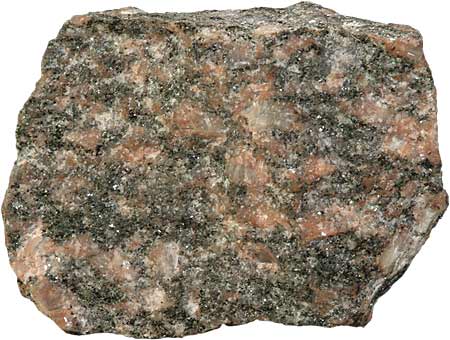Quartzite vs granite durability.
Is gneiss harder than granite.
Appearance of shale is muddy and that of gneiss is foliated.
We specialize in hydraulic hammers mobile rockbreakers stationary and portable rockbreaker systems construction and demolition attachments.
Paragneiss is gneiss derived from sedimentary rock such as sandstone.
Shale is available in black brown buff green grey red yellow colors whereas gneiss is available in black brown pink red white colors.
Gneiss ˈ n aɪ s is a common and widely distributed type of metamorphic rock gneiss is formed by high temperature and high pressure metamorphic processes acting on formations composed of igneous or sedimentary rocks orthogneiss is gneiss derived from igneous rock such as granite.
Bti manufactures and distributes a wide range of mine quarry construction and demolition equipment.
Yes granite does have quartz crystals in it but not as much as there is in quartzite and it s the component that they derive their strength from.
It is made up of minerals in the 6 7 range on mohs scale meaning it s harder than glass and about the same hardness as steel.
Properties of rock is another aspect for shale vs gneiss.
Due to the metamorphic process the intense pressure and heat that it undergoes makes quartzite a very strong material even harder than granite.
Gneiss gneiss is a high grade metamorphic rock meaning that it has been subjected to higher temperatures and pressures than schist it is formed by the metamorphosis of granite or sedimentary rock.
A photograph of polished gneiss from the stock of a countertop vendor.
The view shown in the photo is about 12 inches across.
This is a rock that is formed from pre existing igneous rocks such as granite that have been subject to conditions of high pressure and temperature.
Gneiss is a hard rock that has a mineral composition similar to granite as it contains the feldspar mica and quartz.
Granite is a very hard granular crystalline igneous rock which consists mainly of quartz mica and feldspar and is often used as building stone gneiss is a common and widely distributed type of rock formed by high grade regional metamorphic processes from pre existing formations that were originally either igneous or sedimentary rocks.
Granite gneiss can also form through the metamorphism of sedimentary rocks.
Take comfort in knowing that gneiss can withstand heavy use.
Gneiss is a high grade metamorphic rock which means it has been subjected to higher temperatures and pressures than schist.
Gneiss displays distinct foliation representing alternating layers composed of different minerals however unlike slate and schist gneiss does not preferentially break along planes of foliation.
The minerals in gneiss do not etch when exposed to normal household acids like vinegar or citrus.

